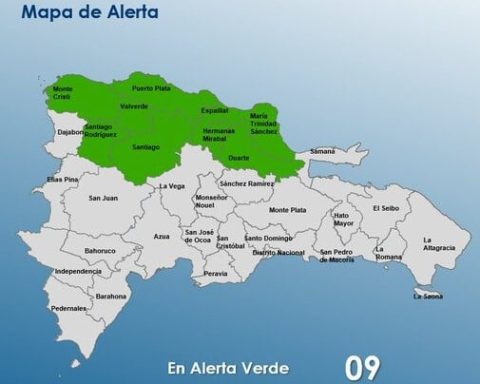Doctors and scientists from Latin America consider that the recently sanctioned Law 315, which prohibits the use, importation and commercialization of electronic Nicotine administration systems, deprives smokers of the possibility of using lower-risk alternatives and thus abandoning the habit of smoking.
Specialists who are part of the Latin American Network for the Reduction of Harm Associated with Smoking (RELDAT), maintain that the ban ignores the international experience that has seen smoking rates substantially reduce in countries such as Great Britain, Japan and New Zealand. .
In Japan, cigarette sales have fallen by more than 42% since 2015. In New Zealand and Great Britain, on the websites of the Ministries of Health, smokers are urged to switch to smokeless products. In the United States, electronic cigarettes and heated tobacco products are legal, and must go through rigorous controls.
Faced with this, RELDAT urges the Health authorities to reconsider the measure and promote a debate based on scientific evidence and international experience to protect the health of Panamanians.
The organization, which aims to explain and develop the benefits and potential of harm reduction strategies as an effective tool in the fight against disease and death caused by smoking, adds that a harm reduction policy associated with smoking would help citizens who are unable or unwilling to quit smoking to reduce exposure to toxic compounds in tobacco smoke. The most effective way to achieve this is to switch to non-combustible products.
Smoking Harm Reduction
In that sense, they detail that science has amply established that nicotine is not the cause of cancer or other serious diseases related to smoking. These diseases are caused by inhaling the smoke resulting from the combustion of cigarettes (more than 7,000 substances including tar, a multitude of toxic substances and carbon monoxide).
They add that, according to the Royal College of Physicians in London, the health damage from long-term inhalation of vapor from currently available e-cigarettes is likely not to exceed 5% of the damage from cigarette smoking. .
In a 2021 review, fifteen former presidents of the Association for Research in Nicotine and Tobacco (SNRT) summarized the evidence indicating that vaping is much safer than smoking.
It is therefore difficult to find a scientific justification for applying the same or more restrictive regulations to these products than to combustible tobacco itself, preventing smokers from accessing products with a lower risk profile. This is precisely what Law 315 does.
Why not use the international experience to help the 238,000 smokers that exist today in Panama, and who with this law are being deprived of having lower-risk alternatives in their own country that allow them to quit smoking? The prohibition of these alternatives, far from caring for the health of the population, will have the undesired effect of protecting the sale and consumption of cigarettes.
It is for all of the above, and given the enormous amount of scientific evidence available, RELDAT urges the Panamanian health authorities to launch a public, objective and transparent debate on the legislation of these products for the following reasons: lack of scientific evidence to support the prohibition of alternatives without combustion, increased risk of a black market that can introduce low-quality products and no quality control endangering society, risk of generating continuity in Panamanian smoking rates.
In their capacity as health professionals, they point out various actions that can contribute to a review of Panamanian legislation: to independently and scientifically evaluate the potential of alternative nicotine delivery products in reducing smoking rates, seeking a different treatment than cigarette and tobacco bite. In this way, an independent, public and open investigation will take place on the potential of alternative nicotine delivery products and the contributions of harm reduction policies to public health strategies in Panama.
As well as guaranteeing access for adult smokers to alternative nicotine supply products so that they can quit smoking for a product that has a proven lower risk profile.









